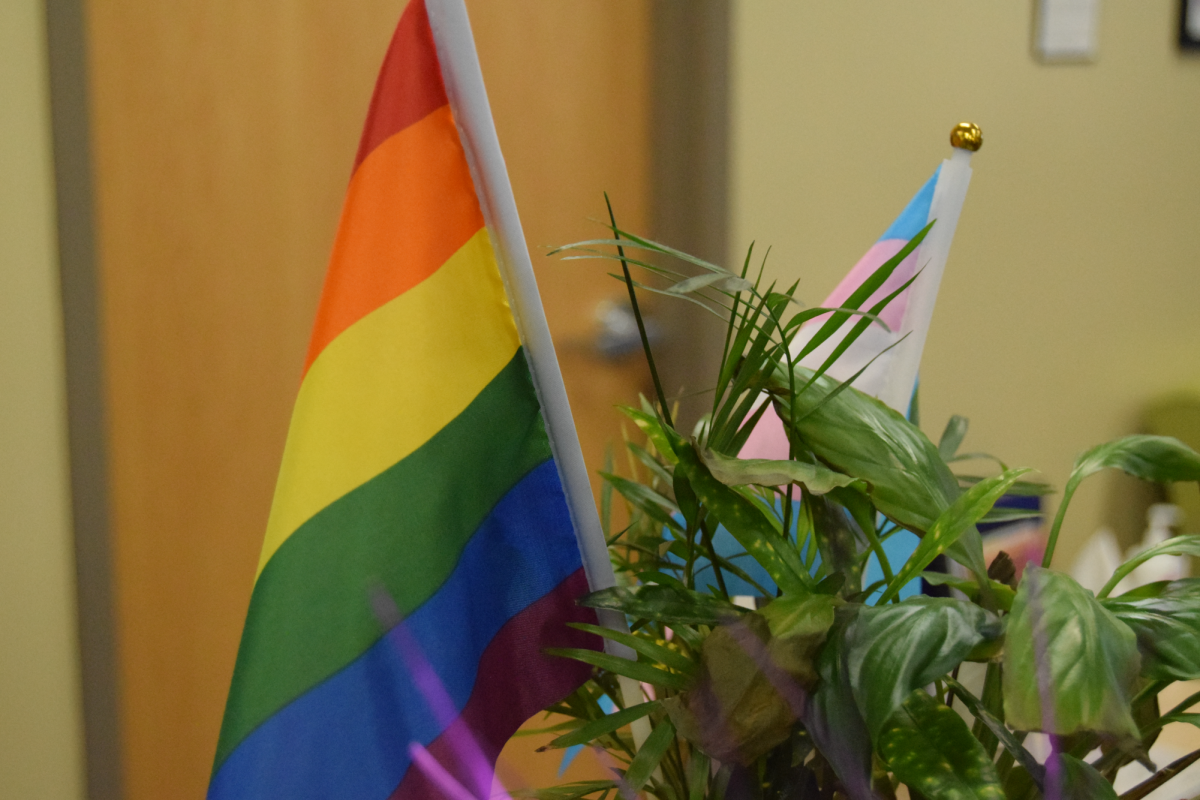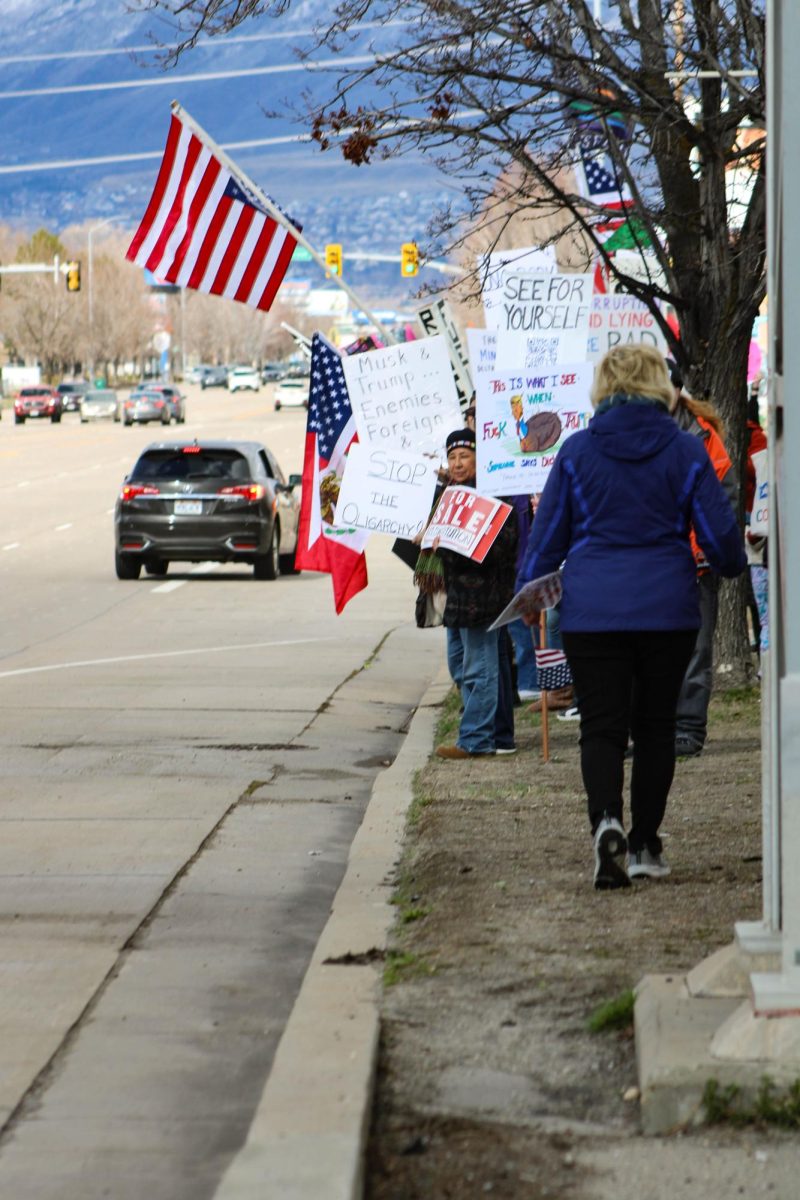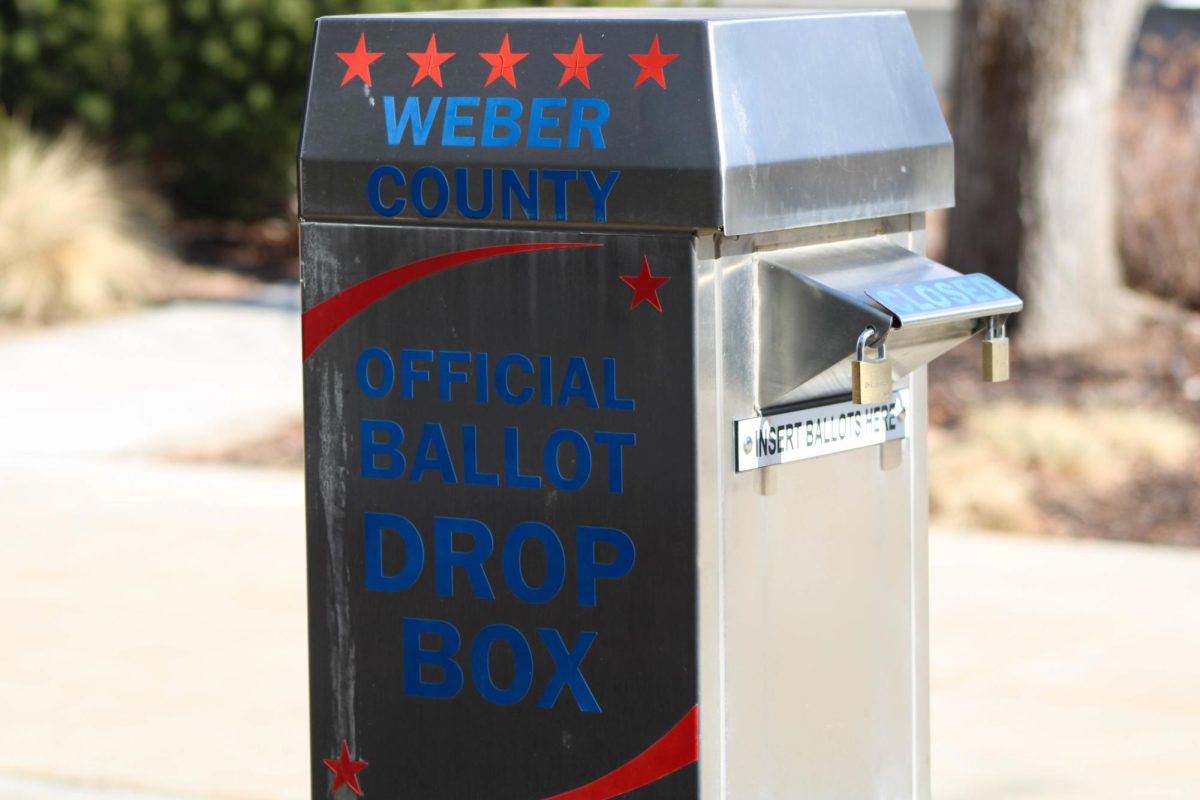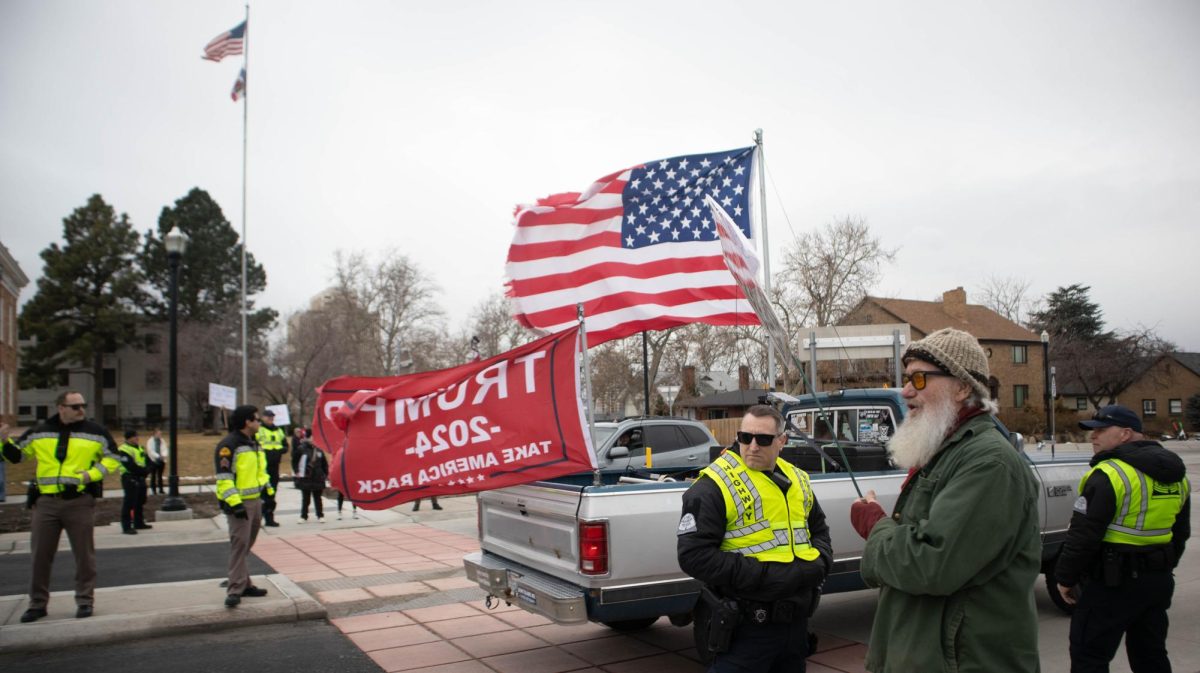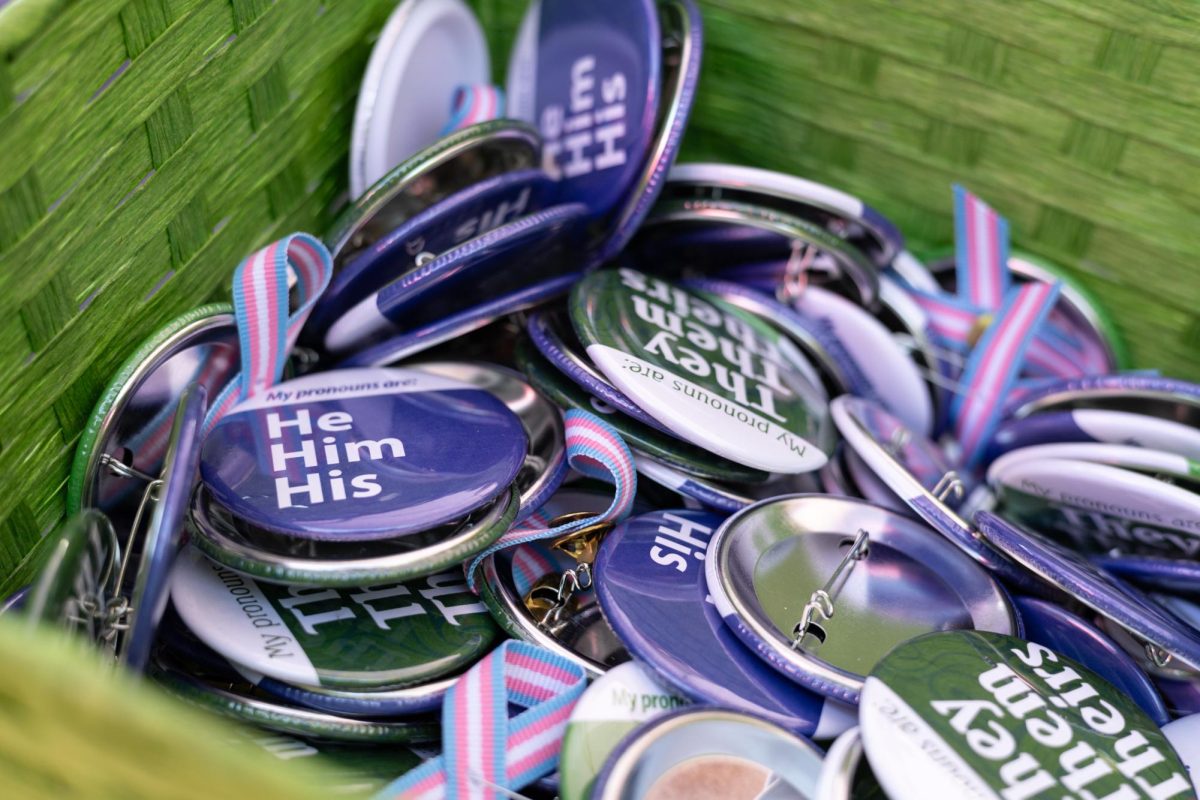The three largest groups of minorities in the United States, African Americans, Hispanics and Asians, were well represented in the 2008 presidential election.
According to the Census Bureau by Pew Research Center, “The electorate in the [2008] presidential elections was the most racially and ethnically diverse in US history, with nearly one in four votes cast by non-whites.”
In those days, young people eligible to vote did not get involved much in politics, but since then, they have.
It was a crucial election. Barack Obama was elected president with 67.8 percent of the electoral vote and 52.86 percent of the popular vote. The results were very clear. The first African American president of the United States was sworn into office, and he has remained in that position for the past 8 years.
Every year, we have the privilege of voting in local elections, but only every four years do we vote for the President.
In November of this year, we again have the opportunity to vote for our president — Hillary Clinton (D) or Donald Trump (R).
We will be voting to elect the best candidate to represent this nation for what it is, so it’s important that everyone goes out to vote so that their voices are heard.
According to the website Latino Vote Matters, “The growth in the Latino electorate has shifted over time from immigrants to the young U.S. born Latinos turning 18 and becoming eligible to vote. Roughly 500,000 – 600,000 Latino voters are added to the voting rolls each year.”
In recent years, there have been an unprecedented number of Hispanics who have obtained the right to vote. This is something that should not be taken lightly.
Many people do not go to vote because they erroneously think that their vote does not count.
Especially in Utah, many people think that the Democratic vote does not count because it is a predominantly a Republican state, but that is not the case. If many voters go vote, the electorate, which we have also chosen, should represent our decision equally.
There are several reasons why the proportion of Latinos who are registered to vote is less than it is among whites or blacks. The Pew Research Center reported that although they have legal status, Latino immigrants in the U.S. have not obtained U.S. citizenship. Others are undocumented immigrants. Even though the two groups are not eligible to vote, the Pew Research Center cites that “they account for about 30% of all Latino adults.”
For those who are procrastinating citizenship, it is important to think about this decision.
In 2008, the vote of young people and minorities changed the result of the election and can do the same now.
Do not miss the opportunity to vote. Your vote counts.
Translated by Rosa Arambula



